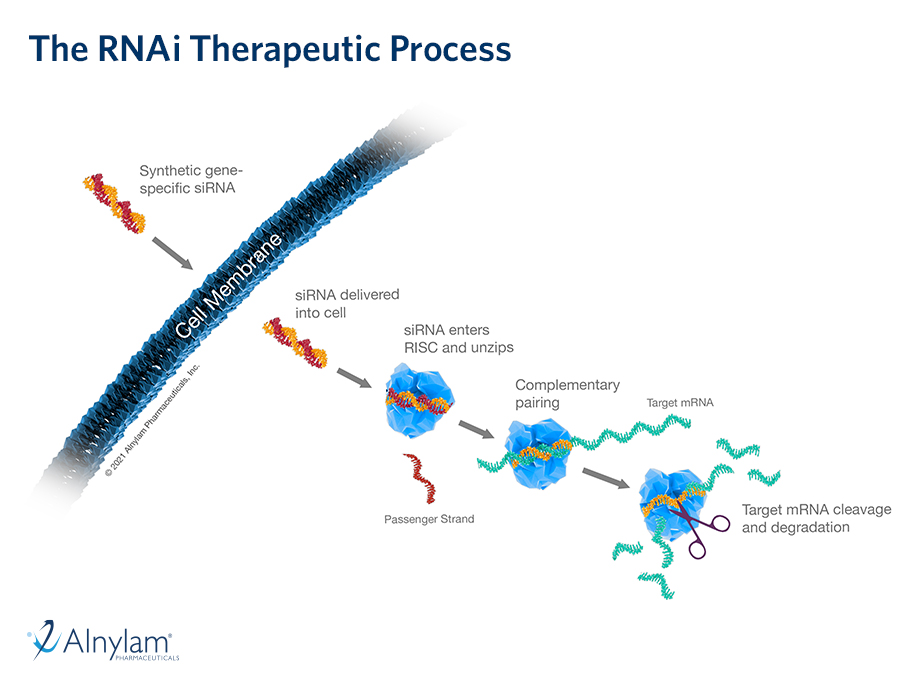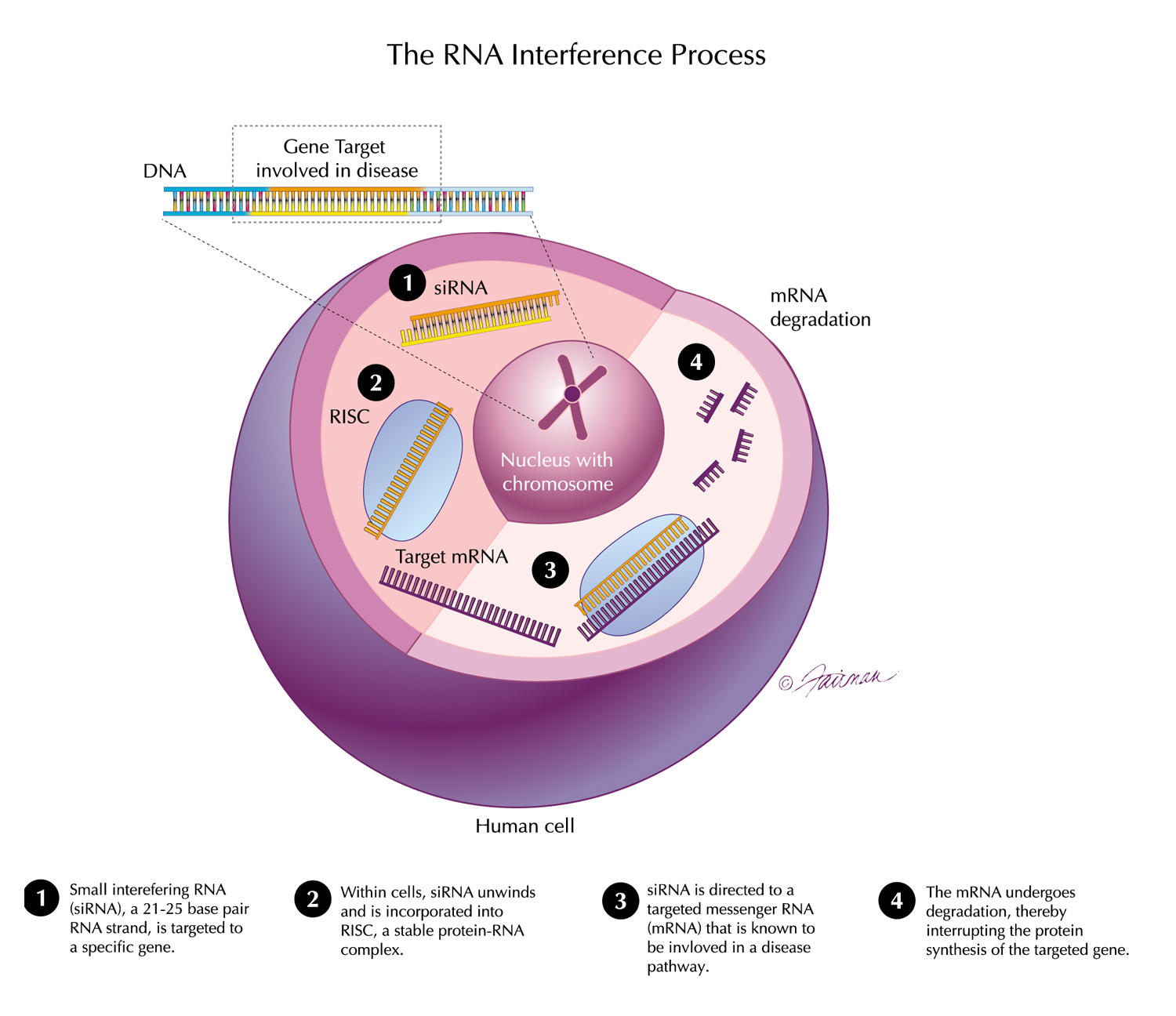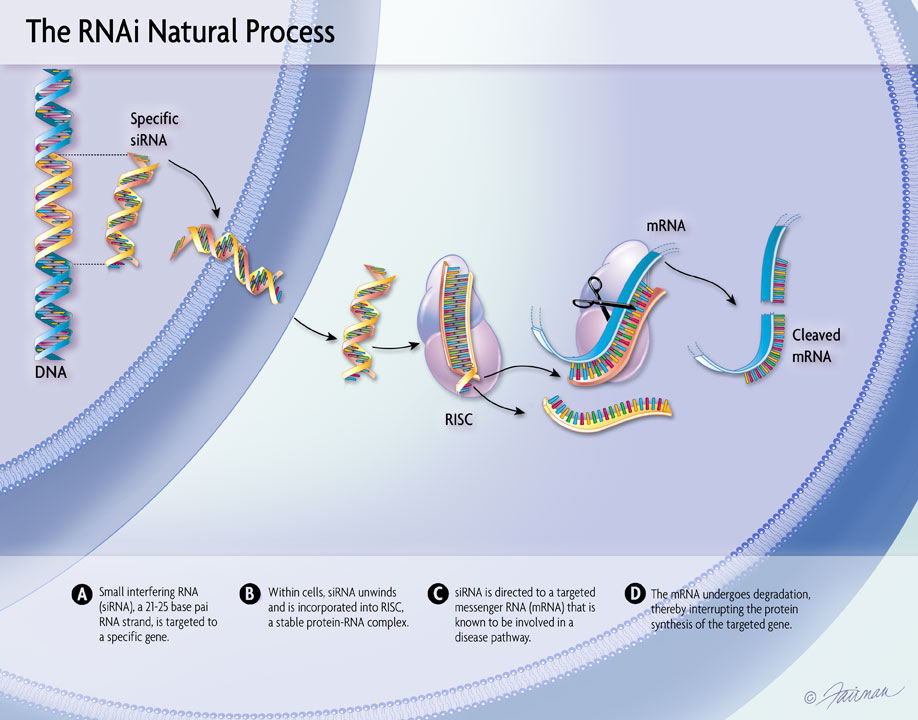
22 May, 2020 New Results for Patisiran and Givosiran at EAN
We presented new long-term results from the global Open-Label Extension (OLE) study of ONPATTRO® (patisiran) at the European Academy of Neurology (EAN) Virtual Congress, held May 23-26, 2020. In addition, results were presented from a Phase 3b trial evaluating treatment with patisiran in patients with hATTR amyloidosis with disease progression after receiving an orthotopic liver transplant (post-OLT). A post-hoc analysis of the ENVISION Phase 3 study of GIVLAARI® (givosiran) was also presented.
View the patisiran global OLE poster
View the patisiran post-OLT poster
View the ENVISION post-hoc analysis
In the global OLE study, patisiran continued to demonstrate reversal of neuropathy progression, improvement in quality of life, and a consistent safety profile with an additional 24 months of treatment. Patients on treatment for 42 months demonstrated sustained improvement in neuropathy impairment and quality of life relative to APOLLO study baseline—as shown by mean negative changes in modified Neuropathy Impairment Score +7 (mNIS+7) and Norfolk Quality of Life-Diabetic Neuropathy (QOL-DN) scores—and patients on treatment from the Phase 2 OLE population also demonstrated an improvement in mNIS+7 score over 48 months. The long-term safety profile of patisiran was consistent with that observed and previously reported in the APOLLO Phase 3 study and the Phase 2 OLE study.
In the post-OLT study, patisiran reduced serum TTR levels >80% at three weeks following the first dose of patisiran in patients with hATTR amyloidosis with disease progression post-OLT, indicating the potential benefit of patisiran treatment in this patient population. To date, the safety profile remained consistent with the APOLLO Phase 3 study.
Results from the post-hoc analysis of the ENVISION Phase 3 study show treatment with GIVLAARI resulted in reduced pain and analgesic use in patients with acute hepatic porphyria (AHP). Between attacks, patients treated with givosiran reported nearly 50% fewer days with severe pain compared to placebo, and a lower percentage of patients taking givosiran required the use of opioid or non-opioid pain relievers both during and between attacks compared to placebo.


